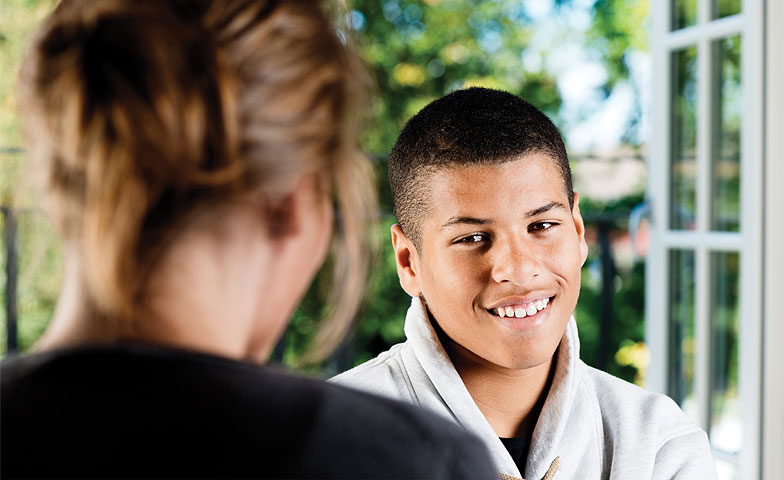
How educators can help students repair damaged relationships and make behavioral changes The eighth-grade girl approached Tom Adams in the cafeteria. “Dylan just asked out Samantha as a joke,” she said. “Now he’s laughing about it with his friends, and Samantha is sitting at our table crying.” Adams, the principal of Newfane Middle School in
Read More… from Four Ways to Help Students Be Their Best Selves


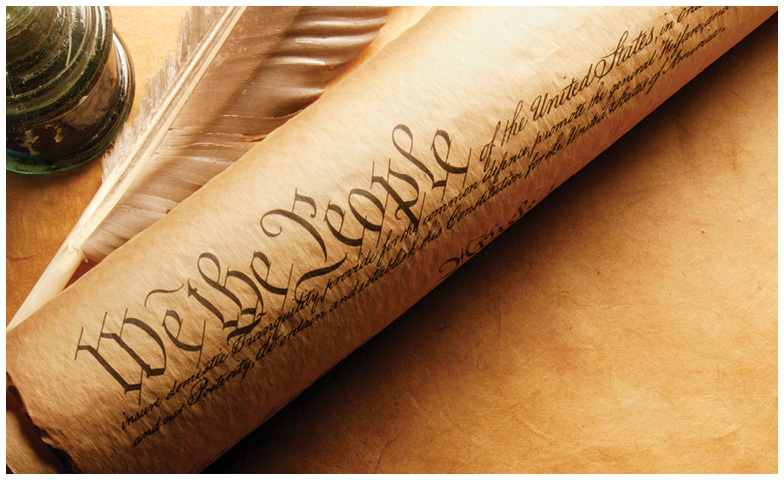
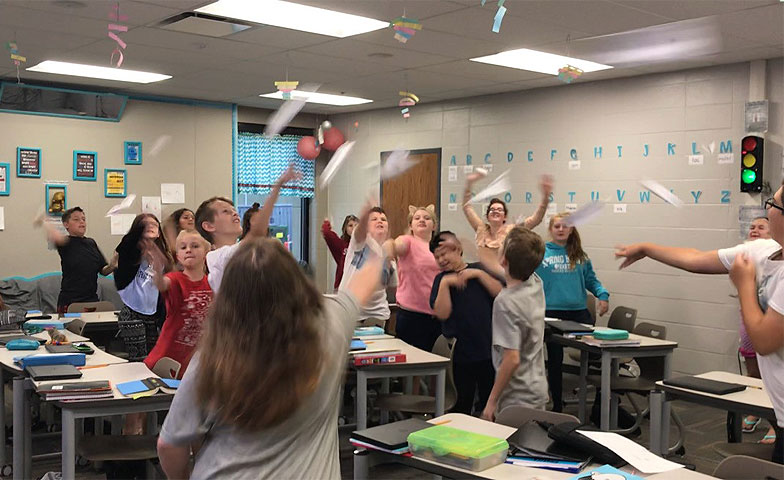


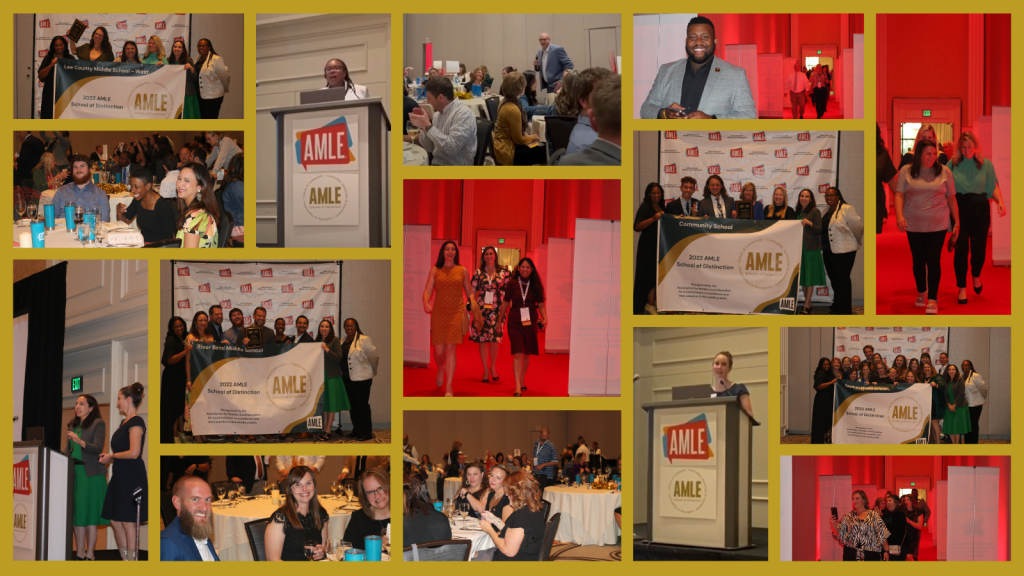
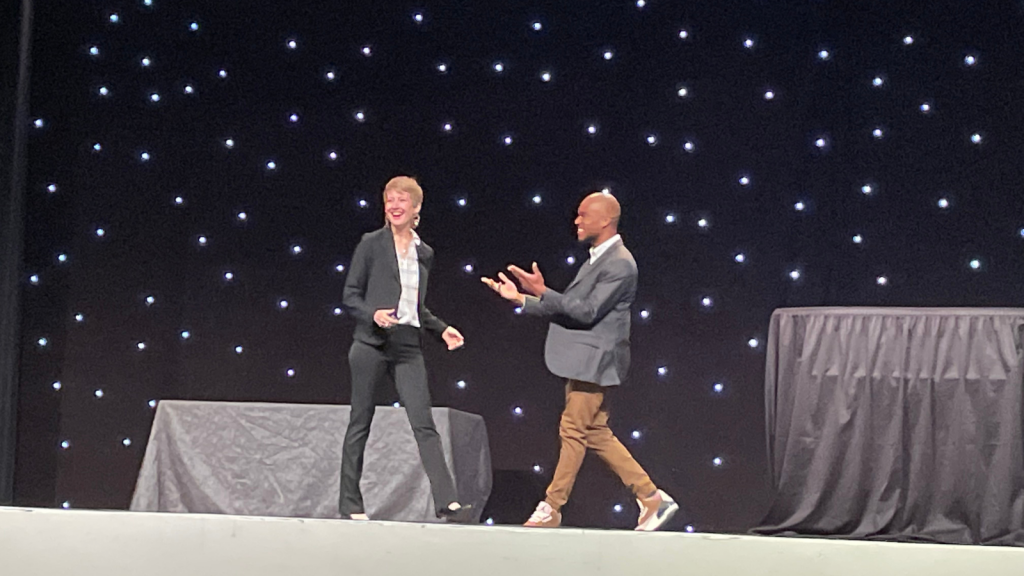
0